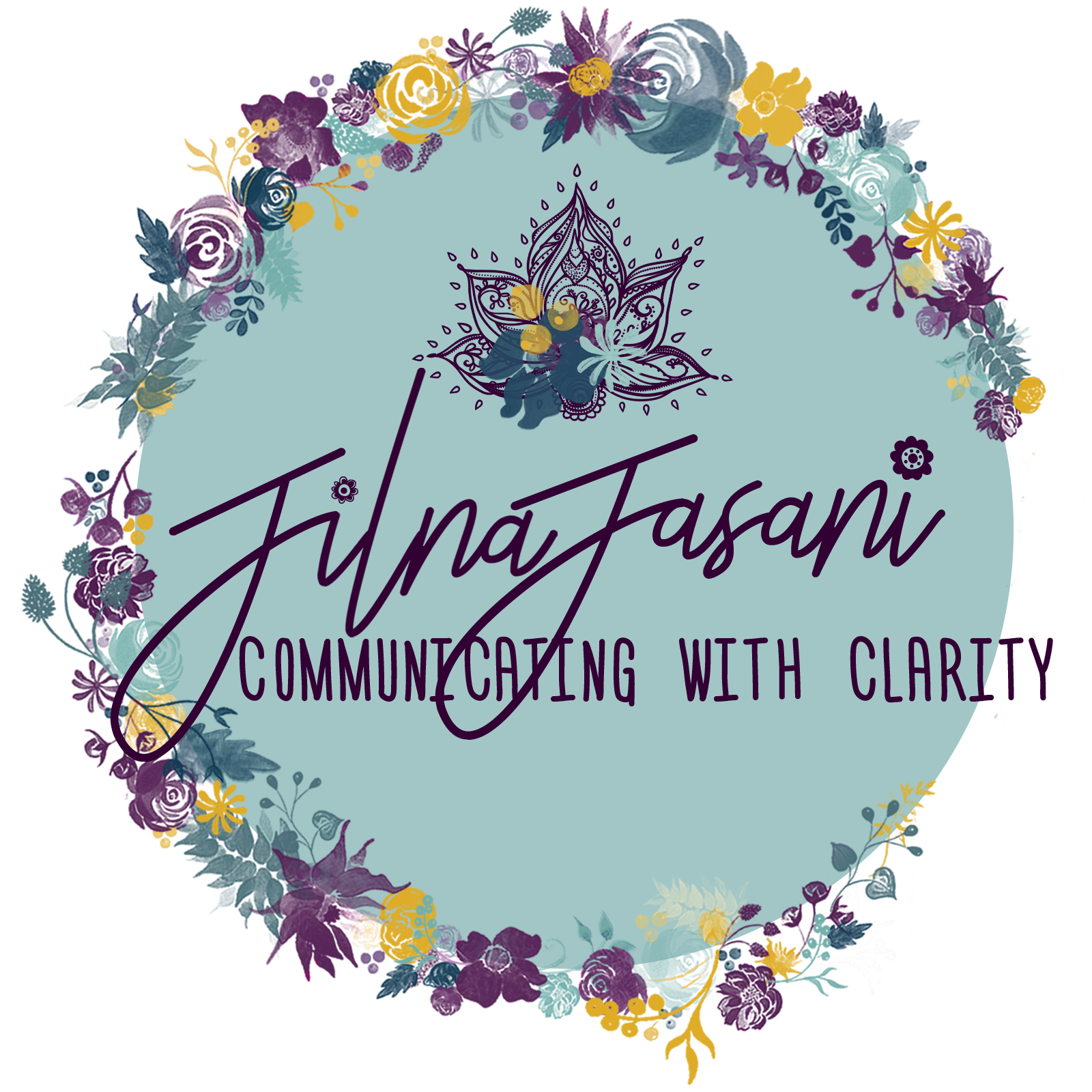
4 Steps That Help You Process Your or Your Child’s Feelings

Last time, we talked about the ego mind and how its instinct causes us to react to feelings that haven’t been processed. But how do we process those feelings so that we don’t react that way?
The below steps are an example of what it looks like to process what you believe is the truth in order to become curious.

What happened:
Four-Year-Old: Pushes his sister for taking his toy.
Mom’s Interpretation: If you push her again, I will take away your toy.
Four-Year-Old: Pushes again.
Mom’s Projection: Takes away the toy.

What is perceived in mom’s body:
Trigger: Body’s memory of how pushing was viewed/experienced in childhood; for ex. Pushing was ignored or labeled as someone who is bossy or even violent.

In the turbulence of experiencing my triggers and witnessing Jian’s, I hit rock bottom and began to seek deeper answers.
I learned how to sit with my feelings and watch my thoughts. I learned how to practice not attaching to the way I was taught to think about things and to explore how my inner child may have perceived situations.
I began to ask myself all sorts of questions, like:
Why is this parenting experience so hard?
Why is it so hard for me to express myself?
Why doesn’t Jian see my purest intentions?
Why am I so angry?
Why is Jian so sensitive?
Why do I feel the need to force him to socialize at 18 months?
Who would he be if he didn’t socialize?
This curiosity led me to enter into a journey back to myself. It revealed to me how judgmental my ego mind was. How trapped and confined my thoughts were. Most things in my life seemed to have predefined, absolute truths, such as:
I turned out fine. I’ll follow what my mom says. She knows.
People don’t understand me.
Jian is too young to understand what he needs.
I’m angry because no one listens or cares.
Jian is so sensitive. I can teach him how to be strong.
I’m not forcing him. I’m doing what’s best for him.
If he doesn’t socialize, he will become lonely.
And when I thought about these ideas a little more deeply, I realized I didn’t even agree with them. They didn’t feel like the truth at all. They didn’t represent who I really am.
Like me, you intuitively know something in your life feels off. You’re acting in a way that doesn’t exactly align with how you want to act. This creates anxiety in you.
So you wonder where the disconnect is. Who’s right? Your intuition and how you want to act, or how you think you should act?
Understanding the gap between your intuition and your thoughts will help you bridge that gap. In bridging the gap, you’ll learn what your truth is, and you’ll learn who you are. And you’ll dissolve the anxiety, leaving you acting in ways that align you to your truth.

Give it a try. Use the prompts below to help you deconstruct your own values:
A recurring thought that gives me anxiety is …?
Is my thought true?
Is it 100% true?
How do I react when I believe that thought?
Who would I be without that thought?
Turn the thought around. Does it resonate? Can I find examples of where this thought is not true?

